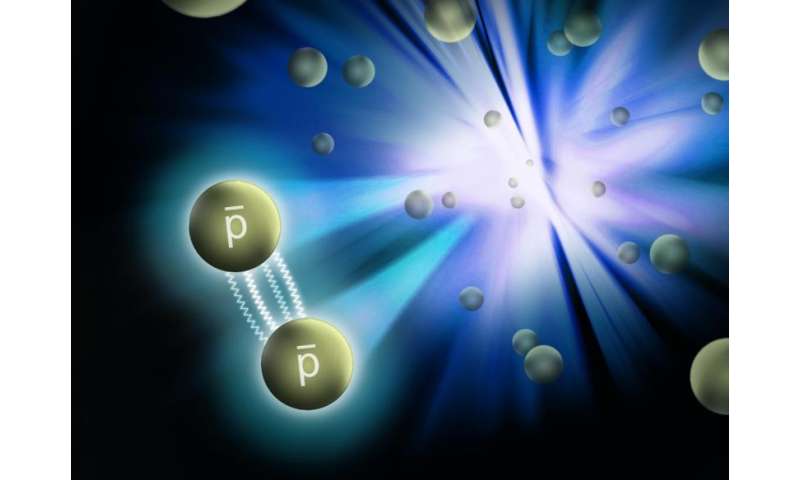Best of Last Week—Breakthroughs in quantum computing, a very tough glass and the 'quiet' epidemic killing US men

(Phys.org)—It was a very good week for physics as researchers took two big steps toward quantum computing—in the first, a team from Austria proved that complex quantum states in photons can be preserved, even in turbulent atmospheric systems, and in the other, the same team demonstrated an example of entanglement over a distance of 143 kilometers. Also a team with members from Austria, France and Australia described a quantum process that demonstrated superposition of ordered events—and thus causal nonseparability. And another team working at the Relativistic Heavy Ion Collider in the U.S. found a way to measure the force that makes antimatter stick together. Also, a new dimension to high-temperature superconductivity was discovered by a team at the U.S. DoE's SLAC National Accelerator Laboratory.
It was also a pretty big week for space science as a trio of researchers from Norway, Switzerland and France announced that they had observed cosmic rays that may have come from a two-million-year-old supernova. Another team of astronomers from the University of Bonn announced that they had discovered the longest galaxy-scale stripping process ever observed. And a team with the SETI Institute reported on research conducted regarding looking for deliberate radio signals from KIC 8462852, which, if successful, would offer evidence of extraterrestrial life.
In other news, a team with the University of Tokyo announced that they had developed a type of glass that was almost as tough as steel—they came up with a new way to add alumina to the mix without making the final product brittle, and a preclinical study conducted by a team with Weill Cornell Medicine revealed that vitamin C halts growth of aggressive forms of colorectal cancer when administered in large doses, possibly paving the way for its use in treatment options for patients.
And finally, an ominous sign of the repercussions of economic disparity in the U.S. was evidenced by a team of researchers at Princeton who announced that a quiet 'epidemic' has killed half a million middle-aged white Americans over the past fifteen years—a lack of education and opportunity has led to an increase in mortality rates due to drug and alcohol abuse and suicide.
© 2015 Phys.org